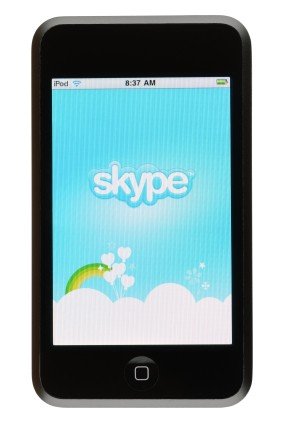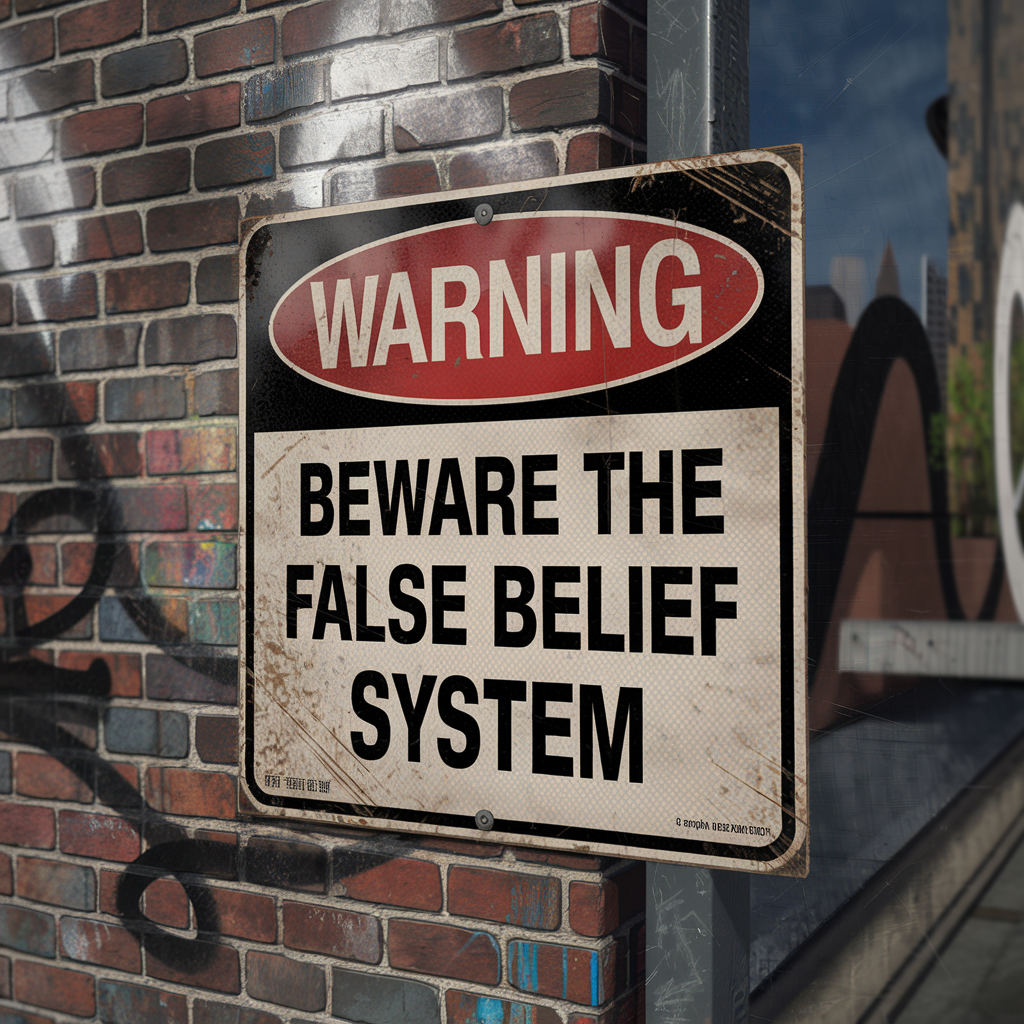Government surveillance of civilian communications has been going on since they could intercept couriers delivering messages on foot. However, in today’s digital age it’s even easier for governments to obtain your conversation as service providers are becoming more compliant to these high power entities. The Washington Post reports Skype’s new policy to hand over any of your communication records at the request of Big Brother:
Skype, the online phone service long favored by political dissidents, criminals and others eager to communicate beyond the reach of governments, has expanded its cooperation with law enforcement authorities to make online chats and other user information available to police, said industry and government officials familiar with the changes.
Surveillance of the audio and video feeds remains impractical — even when courts issue warrants, say industry officials with direct knowledge of the matter. But that barrier could eventually vanish as Skype becomes one of the world’s most popular forms of telecommunication.
The changes, which give the authorities access to addresses and credit card numbers, have drawn quiet applause in law enforcement circles but hostility from many activists and analysts.
Hacker groups and privacy experts have been speculating for months that Skype had changed its architecture to make it easier for governments to monitor , and many blamed Microsoft, which has an elaborate operation for complying with legal government requests in countries around the world.
“The issue is, to what extent are our communications being purpose-built to make surveillance easy?” said Lauren Weinstein, co-founder of People for Internet Responsibility, a digital privacy group. “When you make it easy to do, law enforcement is going to want to use it more and more. If you build it, they will come.’’








